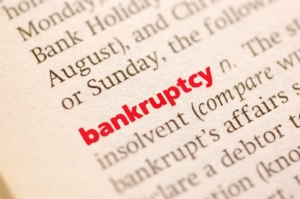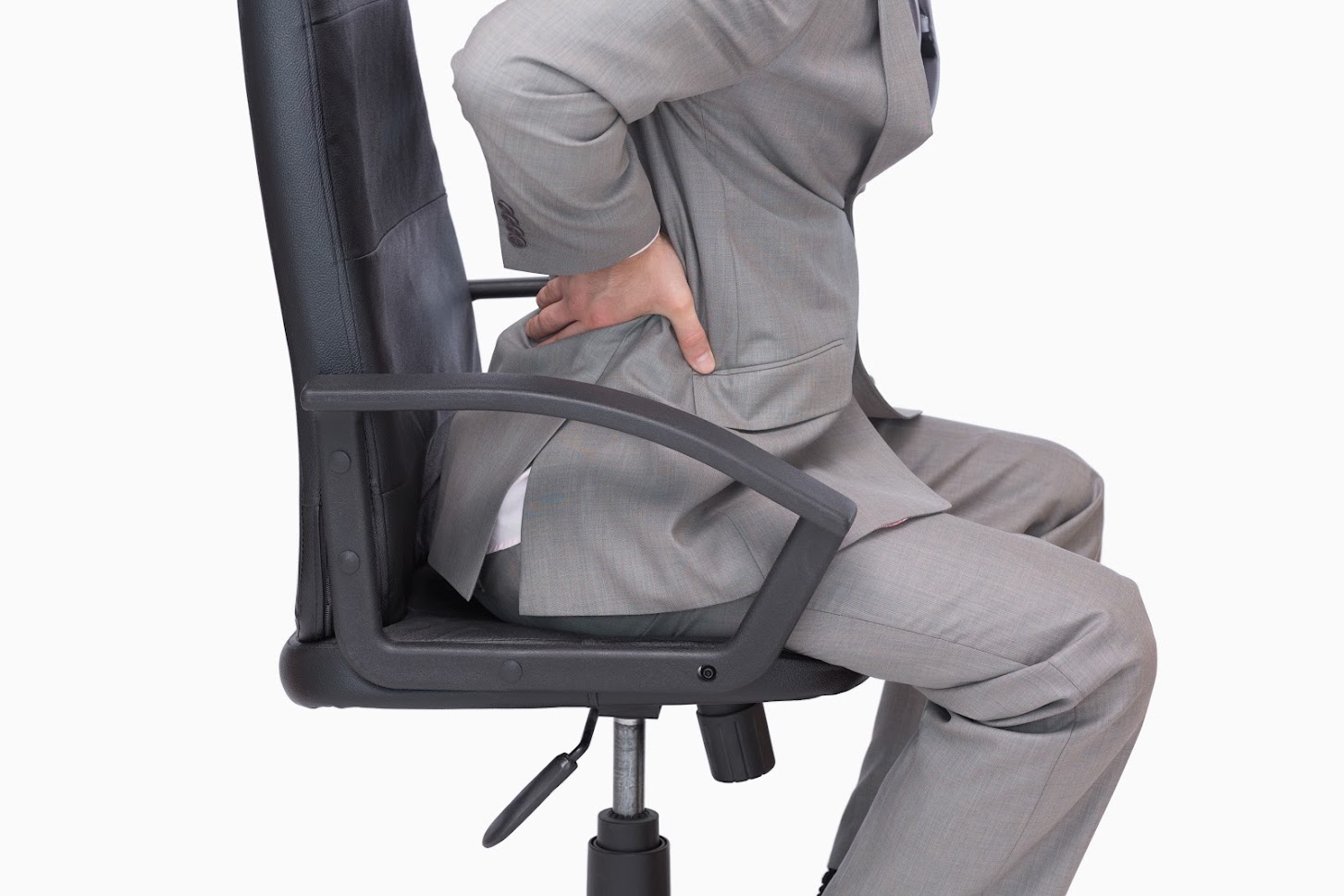If you have a high debt load, you are likely considering various options for getting rid of it. And while some debt loads are so insurmountable that bankruptcy is an obvious answer, other people are left wondering if their debt amount is high enough to rely on this solution. Is what you owe worth filing bankruptcy over?
To help you find the right answer to this question, consider these defining characteristics of your debt that make you a good candidate for bankruptcy.
1. Your Debt Is High Compared With Income
There is no minimum amount required before you can or should file for bankruptcy. The reason is that everyone’s ability to earn money is different. If a person with $10,000 debt can earn only $20,000 in a year, they may not be able to manage that debt. But if that debtor earns $100,000 per year, they may have other choices to pay off that amount of debt.
2. You Can’t Meet Minimum Payments
What does make your debt too high for your own circumstances? One big indicator is if you have trouble scraping together even the minimum required payments each month.
Minimum payments can be vastly different for different debts, so there is no one size minimum payment amount that determines your bankruptcy potential. For instance, a car loan of $20,000 might come with a $300 set monthly payment. If you’ve had credit issues, though, $20,000 on a credit card could cost $400 to $800 minimum each month. These debts have very different effects.
3. The Event Was Isolated
Challenging debts generally come from one of two sources. The first is the gradual buildup of credit usage over years as a person subsidizes their earnings potential with credit. In this case, the success of any debt relief will come from having resolved the underlying issues that caused the person to rely on credit.
The second common occurrence is a one-time event that threw your finances completely out of proportion — things like a divorce, a medical emergency, or the loss of a spouse. When the root of the problem is a single event, the debt often doesn’t genuinely reflect your overall financial situation.
If your ex-spouse was a spendthrift, for instance, and you had to take on half the marital debt during divorce, you may want to get rid of it so that it doesn’t weigh down your future endeavors. Likewise, if the debt was due to an emotional incident like a death, leaving it behind all at once could be beneficial for your emotional health.
4. You Don’t Have Other Options
Have you already tried other methods to reduce your debt load? Bankruptcy is generally a last resort type of debt relief, so take a look at what else you have done or tried to do first. Have you tried unsuccessfully to increase your income? Have you contacted lenders to try to negotiate with them for lower rates? Have you sold assets? Have you tried credit counseling or consolidation for lower rates?
If the answer to these questions is yes, you may have reached the point at which bankruptcy is a good option. If you have attempted to deal with the debt — in whatever amount it is — on your own and still haven’t found relief, it’s likely time to try something more serious.
Does your debt meet any of these criteria? Then you may need to consider bankruptcy as a legal tool. There is no set minimum because each debtor’s situation is unique, so don’t feel like you must wait until your own circumstances become crushing. Start by talking with an experienced bankruptcy attorney in your area. Randall A. Wolff & Associates, Ltd. is ready to help. Call today to make an appointment.






